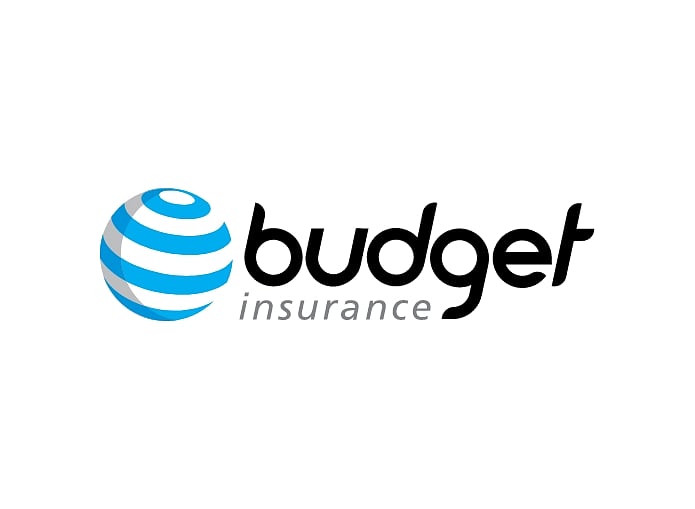House & Home
Testing blog page
You can make changes to your policy, download documents, update personal details, and more through the online dashboard.
An agent will give you a call within 24 hours.

Finance & Money

Finance & Money

While we all dream of living a debt-free life, there aren’t many people who can afford to buy a house or pay for a university education with saved-up cash alone, for example.
What is good debt?
Good debt is the kind of debt that is an investment and will grow in value or help to generate long-term income. For example, a student loan – these loans generally have a low interest rate compared to other types of debt, plus the money enables you to study, increase your value in the workplace and ultimately raise your potential income.
Taking out a bond in order to buy a property is also considered good debt. With low interest rates, and as long as you choose the property wisely, it should grow in value so that when you have paid off the loan, you have an asset worth more than what you originally paid for (including the interest on the bond).
What is bad debt?
Bad debt is classified as debt that cannot be recovered. In other words, debt incurred to buy things that quickly lose their value and do not generate long-term income. This debt carries higher-interest rates, such as credit card debt, debt incurred to go on holiday and store accounts.
It’s important to remember that too much debt of any kind – good or bad – will leave you heading straight for a financial disaster. If you are in a position to take on debt for a good reason, do a thorough financial assessment to ensure you can afford the repayments. Always read the terms and conditions of the loan to avoid signing on for extras that you don’t want and can’t afford.
If you’re considering a store card or another credit card, tell yourself that if you can’t afford it and don’t need it, you shouldn’t buy it.
For an affordable insurance quote, click here.

We Have Great Insurance Products
Protect your most valuable possessions with our affordable insurance quotes for vehicles, home contents, buildings, and businesses.

House & Home
Testing blog page
 May 24, 2023
May 24, 2023

House & Home
Testing blog page


Finance & Money
How to have an affordable family staycation
 December 01, 2020
December 01, 2020

Finance & Money
How to have an affordable family staycation


We're all Business
Increase morale – the Budget-friendly way!
 April 08, 2015
April 08, 2015

We're all Business
Increase morale – the Budget-friendly way!
